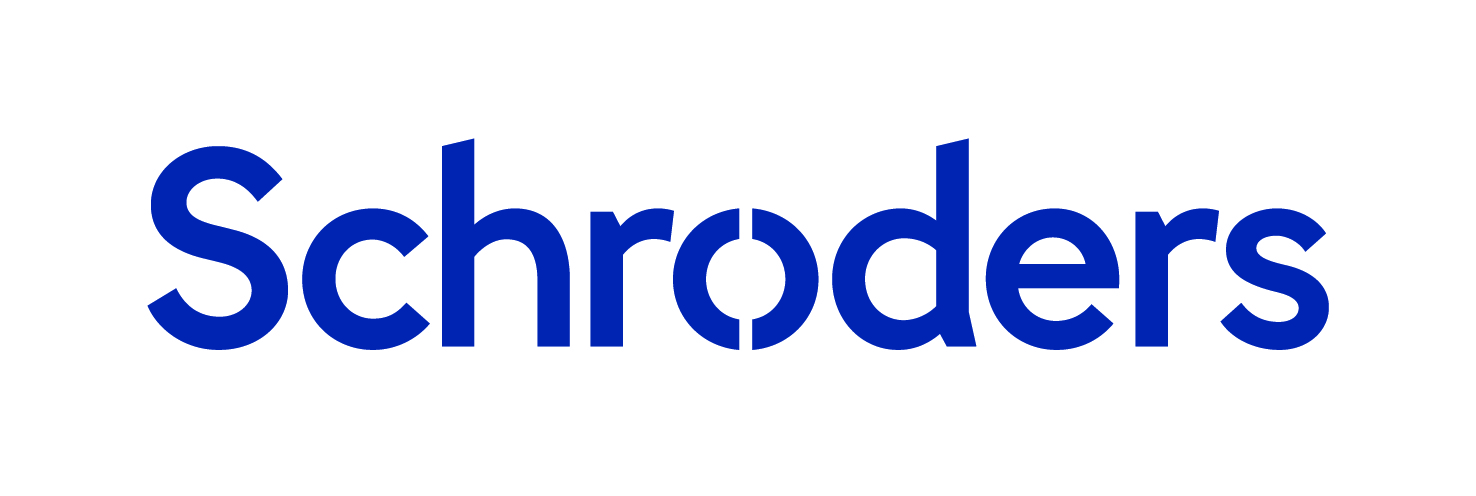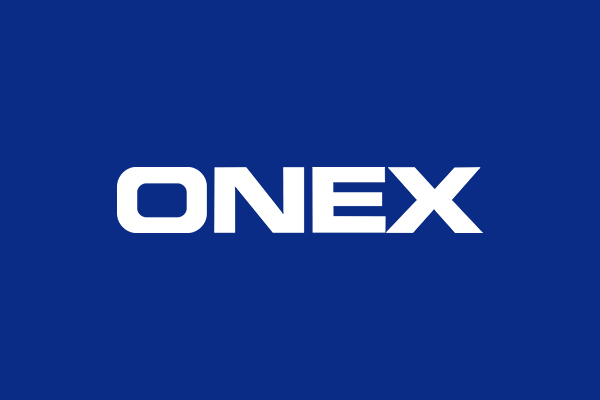This article is featured in the 2024 FCLTGlobal Blue Book, a collection of real-world examples of how our members are putting long-term strategies into practice today. We hope that these practical illustrations will inspire others to embrace the mission of focusing capital on the long term. Learn more >>
Value investing was traditionally about identifying the potential of a business; today, it’s about identifying the potential resilience of a business.
I learned early in my career that some of the best lessons in investing could be drawn from the world of sports. At Yale Endowment, I was influenced by Charley Ellis, whose book, Winning the Loser’s Game, has been a seminal text for investors across the globe for nearly 40 years. Charley provided me with a set of foundational principles that I have revisited again and again through nearly two decades since the founding of Hillhouse.
Perhaps surprisingly, Charley’s sporting lessons did not come from the greats. It was courtside at recreational tennis that he identified a powerful metaphor for investment success. In recreational tennis, the winner tends not to be the player with the best volley from the net or most powerful serve, but the player who can consistently return the ball, leaving the onus on their opponent to make mistakes. When recreational tennis players win against themselves, they win against their opponents.
It is this concept that I reinforce with entrepreneurs, portfolio companies, and colleagues. To succeed over time, you don’t have to be the strongest, but the most consistent – ready, with a steady mind, to rise to the occasion and capitalise on opponents’ unforced errors. We’ve learned that the real investment opportunity out there is that of compounding capital over time. It is through consistency that companies build market share; it is through resilience that companies maintain it.
Calm and ready at the net
Over the recent past, the importance of consistency and resilience particularly stands out. For the past 40 years, Asia has followed a near constant upward growth trajectory. While Asia still delivered about two thirds of global growth last year, forecasts remain significantly lower than pre-pandemic projections, with both domestic output and external demand challenged by a series of global shocks.
Within Asian economies, and indeed globally, the journey through structural change –– in demographics, digitization, climate transition, and the evolution of the consumer –– is never straightforward; combined with a more challenging macroeconomic backdrop, these structural dynamics are testing companies’ ability to get that ‘ball back over the net’.
It is through these more difficult times that true leadership and management strength develop; under pressure, the greatest companies pivot, embrace change, and deliver despite major headwinds. Today, we see ‘traditional’ businesses evolving across markets, but particularly in Asia, where many management teams are ready for the next rally on the proverbial tennis court.
Many are ready because they have managed balance sheets conservatively; have taken a proactive approach to problem solving; and/or are willing to embrace technology to transform conventional business models for the next phase of growth. These tenets are what prepares and equips companies to keep going, even when it seems like they’re on the brink of ‘losing a set’, with the rain about to stop play on the court.
Consistency drills: better understanding customers
During the pandemic, one of our portfolio partners, Belle, one of the world’s largest shoe retailers, found themselves selling the latest footwear into a consumer population stuck at home in their slippers. Yet, right from the outset of our work with Founder Deng Yao and CEO Sheng Bajjiao in 2017, we knew that no other shoe retailer in the world could match the company’s scale and supply chain; Belle’s seamless manufacturing, distribution, and logistics networks were primed for digital transformation.
Digitizing the firm’s offline stores future-proofed the company’s existing loyal customer base. The strategy also drew on in-store employees’ product insight and customer knowledge, empowering existing talent on a digital platform. Leveraging Belle and Hillhouse’s existing capabilities, together we evolved the firm’s CRM and technology efforts to discover, reach, and better understand customers. Three years later, in a global pandemic, this proximity to customers and digital agility was key to its resilience. At the height of global lockdowns, Belle was well ahead of its peers in its ability to adapt and pivot across a rapid response supply chain and digital network.
Groundstrokes: building local for global capabilities
From our work with Belle, we understood the gains to be made by tightening the feedback loop between customer, product development, and production – and the innovation potential of connecting supply chains, category expansion, and customer demand through data insights. Even strong performers had room to hone their ‘groundstrokes’.
At the beginning of 2021, we acquired Philips Domestic Appliances, known today as Versuni. While the company had a sophisticated manufacturing process and management system, it lacked visibility on key metrics – from sales forecast and inventory management to cost controls and supply chain management – to optimize its operational resilience. Asia is the global leader in domestic appliance innovation, and, with Hillhouse’s support, Philips Domestic Appliances could leverage the speed and agility of execution developed in Asia on a global basis.
Going back to basics, to the ways in which customers respond to new products and innovations at a local level, has revolutionized how Philips Domestic Appliances goes to market with its products. Data-centric product innovation has helped the business redefine competition in categories; by reimagining appliances for a new generation of users, Philips Domestic Appliances’ newly launched Philips Airfryer quickly became the fastest selling product in the company’s history.
Today, the company is doubling down on what it does best in its core categories – coffee machines, air purifiers, and hand-held steamers – where a data-centric approach can only enhance the strength of its existing presence, high brand awareness and significant market share. Unsurprisingly, Philips Domestic Appliances is now outperforming its closest peers by exceeding its own operational aspirations.
This is the beauty of businesses developing in Asia today. Innovation-led leaders, well-managed balance sheets, and conventional companies are optimising; in doing so, they are developing resilience for whatever challenges lie ahead. For management teams – and investors – ready for the next rally, the match is just getting started.


